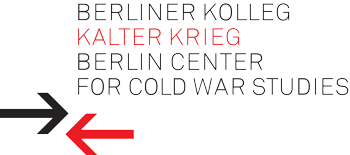The Vulnerable Titan: Fear, Threats, and the Making of American Foreign Policy during the Cold War*
Robert MacMahon (Ohio State University)
Admission is free. Registration is not necessary.
Ansprechpartnerin:
Prof. Dr. Gabriele Metzler
Friedrichstraße 191/193, Raum 5005
Tel. +49 (0)30 209370595
office.geschichte.westeuropas@hu-berlin.de
This lecture is part of the series "New Research on the Cold War"
Chair: Andreas Wirsching (Institute for Contemporary History Munich-Berlin)
Elite-level and popular-based fears – triggered by an array of imminent, potential, or imagined dangers – played a crucial role in the making of U.S. foreign policy in the transition period between World War II and the early Cold War. Precisely how important have perceptions of external peril been to American decision makers? To what extent have American apprehensions about lurking dangers been genuinely felt? Have elites at certain times sought to spread fear about external threats simply to mobilize public, congressional, or bureaucratic support for a particular set of policies desired for other purposes? What can be said about the interplay between state actors and the larger society they purport to serve? Reflecting on these questions helps explain a persistent puzzle. Why has the United States, a global superpower for over seven decades now, regularly been haunted by fears of its own vulnerability?
Robert J. McMahon is the Ralph D. Mershon Distinguished Professor at the Department of History and Mershon Center for International Security Studies (Ohio State University).
The lecture series "New Research on the Cold War" is a joint project of the Humboldt University of Berlin and the Berlin Center for Cold War Studies.
*The lecture is in English.
